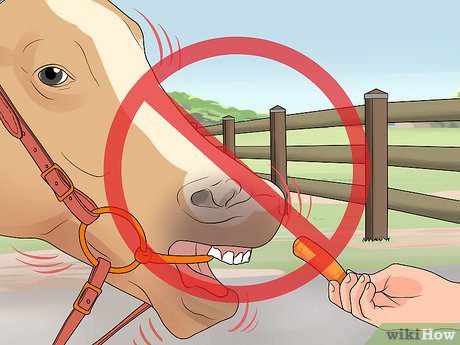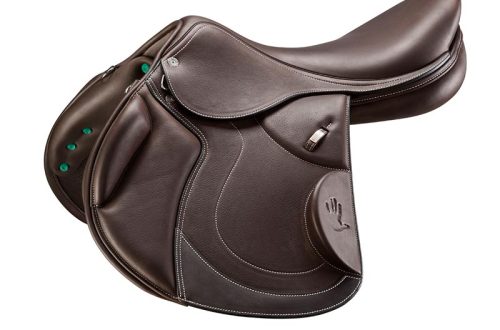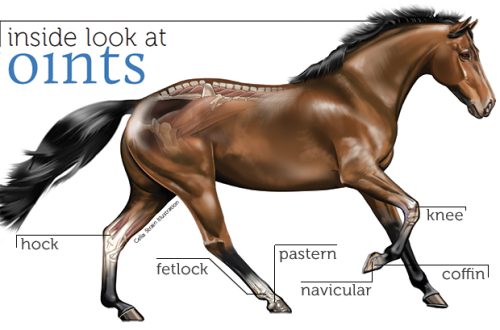
Carrots for a horse – how much and why?
Carrots for a horse – how much and why?
Carrots are a favorite treat for horses. However, among other things, it is a valuable source of vitamin A. How much carrots should you offer a horse if your goal is not only to please him, but also to provide him with vitamins?
Vitamin A is important for the ability to see at night, for reproduction and for immunity. It is also an antioxidant that helps protect cells from free radical damage that causes oxidation. Free radicals are considered to be the cause of many diseases. Vitamin A is a fat-soluble vitamin that is stored in the liver for three to six months. The fact that it accumulates makes it less likely to become deficient.
Vitamin A is also often referred to as retinol, retinal, and retinoic acid. Rich sources of vitamin A are fresh green fodder and freshly cut alfalfa hay. It is also high in beta-carotene, which is a precursor to vitamin A. Carotene is actually synthesized into vitamin A in the horse’s intestinal wall. In long-term storage, dry food, too mature food, the level of carotene is low.
The requirement for vitamin A in a working mature horse (400 kg) is 15 IU, while a pregnant or lactating uterus has a requirement of about twice that. Carrots, in addition to being high in vitamin A (about 000 IU in a large root vegetable), also have a high water content (2000%). Thus, to meet the needs of an adult horse in vitamin A, about 90 carrots per day will be enough for her.
If your horse has access to pasture during the summer, it is likely that he will have an adequate supply of vitamin A in his liver for the winter. If you have breeding queens that have higher needs, you can meet them by using commercial supplements or food designed for queens.
Most of the calories from feeding carrots come from sugar, so if your horse is on a reduced sugar diet, you should avoid feeding treats such as apples or carrots as metabolic problems can occur. If you are giving your horse carrots, it is best to cut them into pieces and leave them in the feeder, rather than giving them from the palm of your hand. This will help reduce the risk of the horse choking on a large piece of carrot.
Translation by Valeria Smirnova (source).
 Iriska 12 March 2020 city
Iriska 12 March 2020 cityThe content of a vitamin in a root crop does not mean that this vitamin will be absorbed by 100%, so the calculations are not correct. Answer





